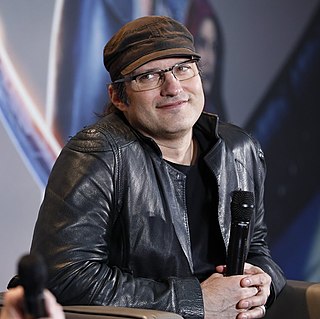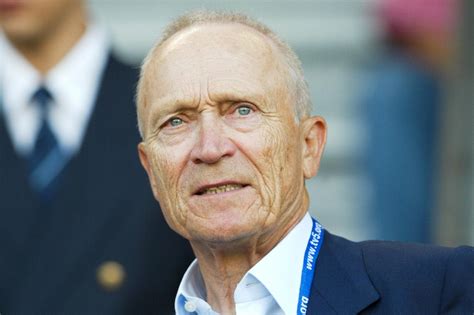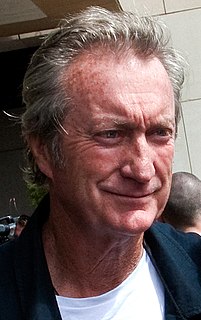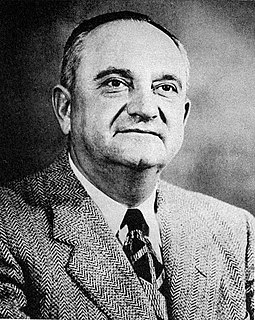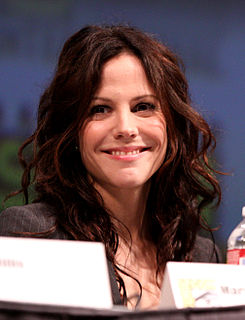A Quote by Jason Blum
Not all of our movies work, but we take shots, and we're able to do that because we really stick to low budgets.
Related Quotes
I build confidence when I practice a variety of shots - hitting it high or low, working the ball. A lot of golfers go to the range and just hit full shots. That doesn't build on-course confidence, because you won't always hit full shots out there. My confidence is built on knowing I can effectively work the ball in any circumstance.
All those years I had been making movies because I loved movies, and that's what made all the difference. If you're doing it because you love it you can succeed because you'll work harder than anyone else around you, take on challenges no one else would dare take, and come up with methods no one else would discover, especially when their prime drive is fame and fortune. All that will follow later if you really love what you do. Because your work will speak itself.
But one of the rules I don't like to break is we still do - 95% of our movies are low budget. We're offered bigger, larger budget movies to produce a lot, and we don't do them. That's not to say there aren't exceptions, there are a few exceptions, but I try and stick by the rules that produce what I think is the highest quality, most innovative work and try and let the rules go that make us feel like we're retreading.
The model we established was to give creative people complete creative freedom in exchange for betting on themselves, so they work for the minimums you're allowed to work for, and if the movies work in a big way, everyone does very well. If the movies don't, nobody loses too much money. The benefit to doing all the movies low budget is we can tell different types of stories and take creative risks. The Purge would have been irresponsible to do for $20M, but to do it for $3M makes sense.
The movies I did before were movies with a lot of characters, a lot of locations, and low budgets, which meant that I was running all over the place and never had the chance to build a relationship with an actor. I was always having big, strong relationships with the cinematographers or editors or production designers, but not with the actors.
My ideal situation is to be able to call the shots and be able to work with whomever I want to work with, and really make something amazing. I'd like to crossover more to have mainstream appeal, but I recognize that the music I make isn't your typical top-40 pop record. Striking that balance is my long-term goal.
I believe that good defense embodies seven cardinal principle: reduce the number of your opponent's shots; force your opponent into low percentage shots; control everything within 18 feet; eliminate second shots; no easy baskets; point the ball on all long shots; and prevent the ball from going into the pivot man.
Yeah, when you work with somebody that famous everybody wants to know what are they like or - but I know some of the movies that I know because they're more like NOBODY'S FOOL or like that, because I don't really watch the big R movies, I haven't really seen them so much. I loved him [Bruce Willis] from his TV show and some of the smaller movies he's done. The bigger movies I start to space out in, like, there just so, I don't really watch those kind of movies so much.


